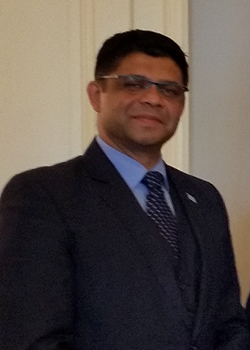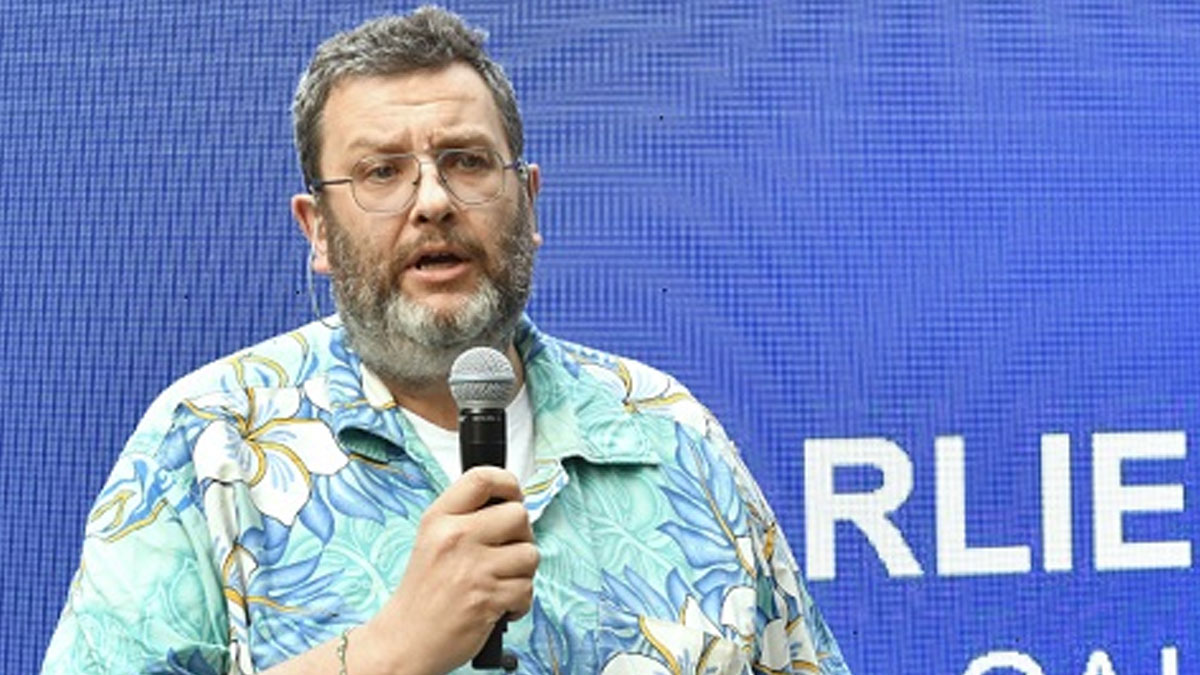
The United Nations Human Rights Council has adopted the outcome of the Universal Periodic Review of Fiji after presentations by Attorney General Aiyaz Sayed-Khaiyum in Geneva.
Sayed-Khaiyum thanked the states for their recommendations and their acknowledgment of progress made.
However he said it was unfortunate that some of the comments made by non‑governmental organizations were based on hearsay by third‑party sources and not facts, which would be more constructive.
Regarding the Essential National Industries Decree, he noted that stakeholders had been consulted during a meeting of employer and employee representatives who would be directly affected by the decree.
According to the press statement by the council, there was consensus that the law had to be improved and that would be done following legislative procedures.
On the issues pertaining to the freedom of expression, Sayed-Khaiyum confirms that if any law is contrary to the constitution, the constitution would prevail.
Out of 138 recommendations received, 112 enjoyed the support of Fiji and 26 were noted.
Sayed-Khaiyum reiterated Fiji’s commitment to advancing and protecting the fundamental principles and values of universal human rights.
He said the constitution of Fiji enshrined fundamental principles and values such as common and equal citizenry, a secular state and good governance.
Sayed-Khaiyum said for the first time a comprehensive and very progressive Bill of Rights has been created which allows for the realization of socio‑economic rights as well as civil and political rights.
He said it has also established a Human Rights and Anti‑Discrimination Commission for the promotion, protection, observance of and respect for human rights guaranteed under the constitution.
China welcomed Fiji’s commitment to international cooperation in the field of human rights and the large number of recommendations it had accepted.
India welcomed Fiji’s commitment to the Universal Periodic Review process, and noted with appreciation that the new constitution of Fiji contained dispositions on all human rights and on the elimination of ethnic voting
Indonesia and Kuwait commended Fiji for holding successful elections in 2014 and hoped that the democratization process would further strengthen its constitutional reforms and promote long‑term stability.
New Zealand welcomed the removal of the death penalty from the military penal code.
Sierra Leone noted with satisfaction the acceptance by Fiji of the great number of the recommendations.
Sierra Leone particularly welcomed the efforts to protect women and girls from violence.
The council report says minority Rights Group expressed concern that the Human Rights and Anti‑Discrimination Commission suffered from a lack of adequate resources and called on Fiji to take immediate action to restore its functionality.
Human Rights Watch expressed concern that Fiji did not accept the recommendation to remove the Media Decree.
It also called on Fiji to facilitate a visit by the Special Rapporteur on Torture.
Stay tuned for the latest news on our radio stations

